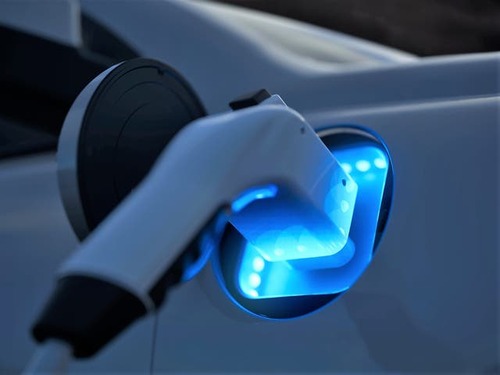

Here is some very good news for the future of electic vehicles. Written by Anthony Cuthbertson 14/01/2022 and published in Independed UK it makes for some intersseting reading about such developments.
Scientists have developed a biologically-inspired membrane that could quintuple the charge capacity of electric car batteries, thereby massively increasing their range.
A team from the University of Michigan used recycled Kevlar – the same material found in bullet-proof vests – to create a network of nanofibres similar to a cell membrane. They then used this to fix fundamental issues with a next-generation battery type, known as lithium-sulfur.
Until now, this type of battery’s cycle life – the number of times it can be charged and discharged – has been insufficient for commercial use in electric vehicles, despite their capacity benefits.
Lithium-sulfur batteries are capable of holding up to five times as much charge as the industry standard lithium-ion batteries, which are used in everything from smartphones and laptops to pacemakers.
However, the inherent instability of the cathodes of lithium-sulfur batteries, which undergo a 78 per cent change in size each charge cycle, mean they are wildly impractical for use in consumer electronics.
The flaw also makes them degrade extremely quickly, meaning they would need to be replaced far more often than their more stable counterparts.
The groundbreaking potential of lithium-sulfur batteries mean research institutions around the world are rushing to try and make the technology viable, with previous breakthroughs focusing on the use of a flexible cathode.
“There are a number of reports claiming several hundred cycles for lithium-sulfur batteries, but it is achieved at the expense of other parameters: capacity, charging rate, resilience and safety,” said Nicholas Kotov, a professor of chemical sciences and engineering at the university, who led the latest research, published in Nature Communications.
“The challenge nowadays is to make a battery that increases the cycling rate from the former 10 cycles to hundreds of cycles and satisfies multiple other requirements, including cost.”
Professor Kotov described the new design as “nearly perfect”, allowing the capacity and efficiency to approach the theoretical limits of lithium-sulfur batteries.
The anticipated lifespan of 1,000 cycles would mean the average car battery would need to be replaced roughly every 10 years, while the materials used are far more abundant and less environmentally damaging than those used in lithium-ion batteries.
“Achieving record levels for multiple parameters for multiple materials’ properties is what is needed now for car batteries,” the professor said. “It is a bit similar to gymnastics for the Olympics – you have to be perfect all round including the sustainability of their production.”
